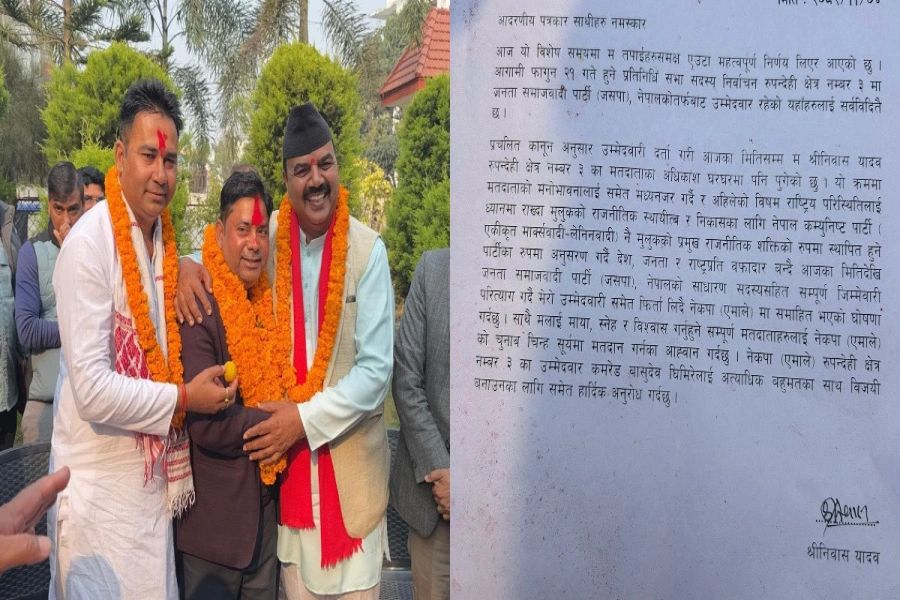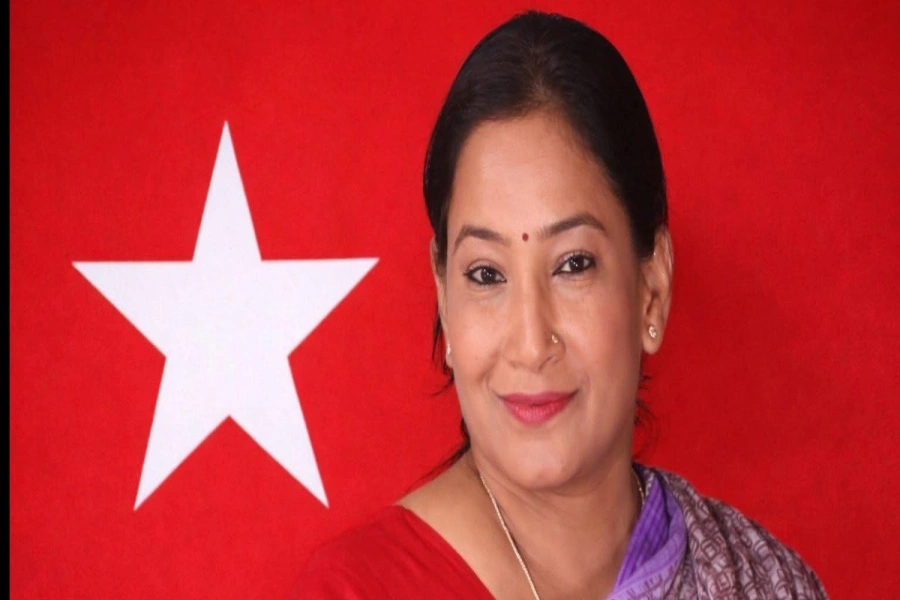KATHMANDU, Nov 3: With an objective of discussing how the country's secondary level education system can be upgraded, the National Examinations Board (NEB) in collaboration with the Council of Boards of School Education, India (COBSE) is organizing a 3-day conference titled 'Innovation in Evaluation'.
The conference kicked off on Thursday and would continue till Saturday. It brought together a group of stakeholders in an attempt to meet its objectives. National and international educationists were present on the first day of the conference organized in Dhulikhel.
Revised interest rate corridor system introduced

“We need to improve our evaluating techniques to upgrade creativity, credibility and critical thinking of school learners,” said chairperson of NEB, Prof Chandra Mani Paudel, adding, “Similarly, there is a need for standardized educational and evaluation system in Nepal to bring out uniformity, transparency, accuracy and integrity in its evaluation process.”
According to Paudel, to evaluate the understanding level of students the existing three- hour written examination has been realized as not being scientific and practical.
“Altogether, 60 national and international COBSE officials and examination experts will be discussing and sharing about 'Innovation in Evaluation' system performing in various countries in the school level,” said Deputy Director Uttam Dev Bista of NEB Research Quality and Governance Reform Division.
The conference, which is the 46th of its kind, will focus on major educational issues and possibilities to deal with ongoing issues in the evaluation system.
“Lack of analysis over standards and the absence of even basic information about student's achievements increases the learning crisis,” Paudel said, “It will provide an immense opportunity for us to know about the methods of examinations practiced in different countries and improve our evaluating system.”



































